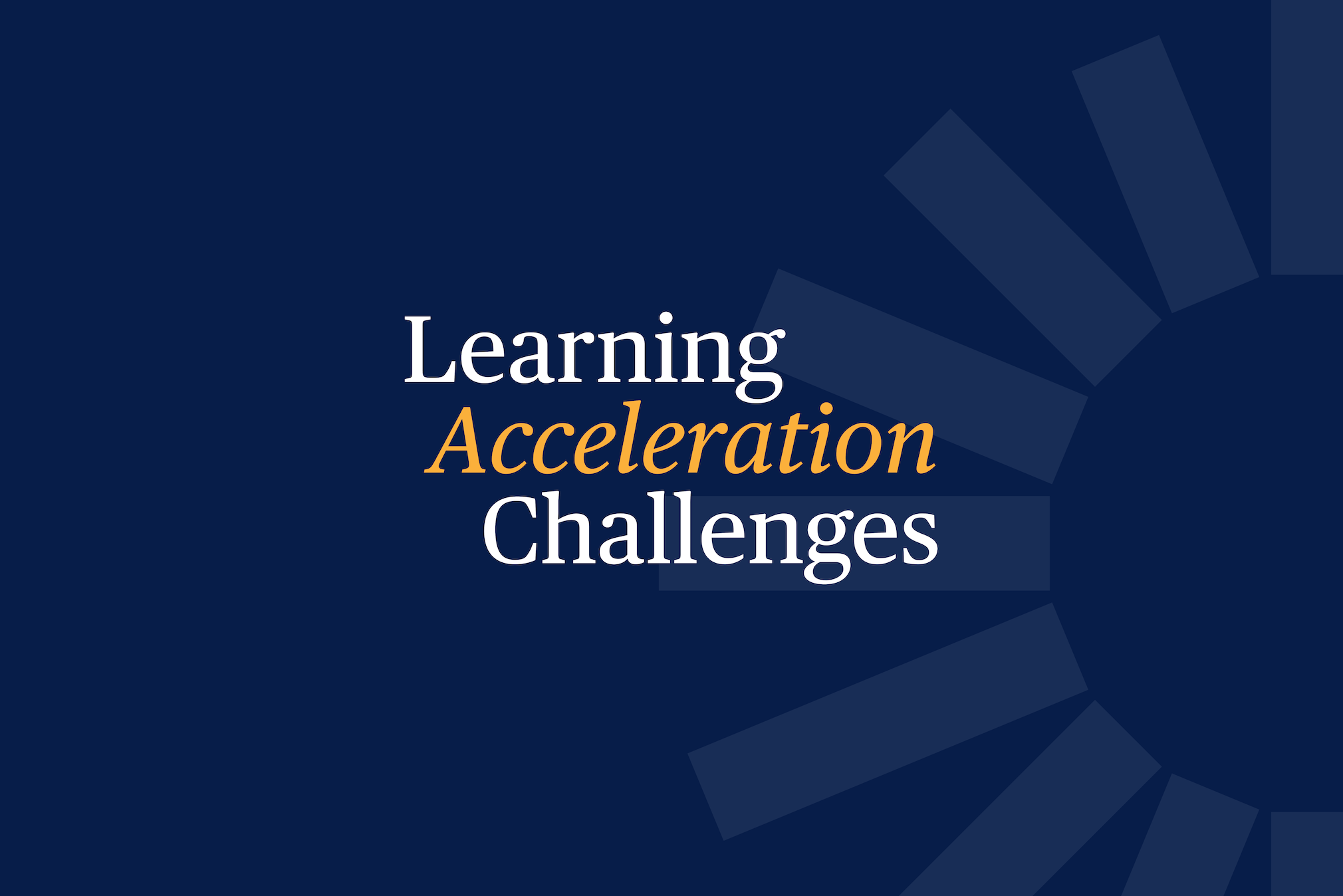Two new challenges seek interventions to improve math and science achievement.
In an increasingly technological world, it’s critical for students to master foundational math and science competencies in middle school. Even before 2020, many American students — particularly students with disabilities and other students historically underserved by educational systems — faced barriers to attaining these skills. Now, with three school years already impacted by the COVID-19 pandemic, the need for evidence-based interventions to improve student outcomes is greater than ever.
This week, the Institute of Education Sciences launched the IES Learning Acceleration Challenges. The challenges, designed and produced by Luminary Labs, are identifying and testing interventions to improve math and science achievement and will award up to $1.8 million in total prizes.
The Math Prize seeks school-based, digital interventions to significantly improve math outcomes for upper elementary school students with or at risk of a disability that affects math performance. Interventions should specifically focus on fractions, and can also include prerequisite skills such as whole numbers and operations. The Science Prize seeks interventions to significantly improve science outcomes for middle school students with low performance in science; interventions may be digital, non-digital, or hybrid.
In Phase 1, entrants are invited to submit proposals for interventions that could be implemented in schools (both challenges) or out-of-school-time programs (Science Prize only) during Phase 2. The duration of interventions may vary, but they must be implemented between November 2022 and April 2023.
Up to five finalists per challenge will be selected to participate in Phase 2 based on scoring by judges against the Phase 1 selection criteria. Each finalist will receive $25,000 at the end of Phase 1. In Phase 2, the Math Prize will offer up to $725,000 in prizes; the Science Prize will offer up to $825,000 in prizes, which may include additional prize money to recognize out-of-school-time interventions.
Eligible intervention providers are invited to submit proposals by September 30. Register for the August 17 virtual information session to learn more about the Learning Acceleration Challenges.

